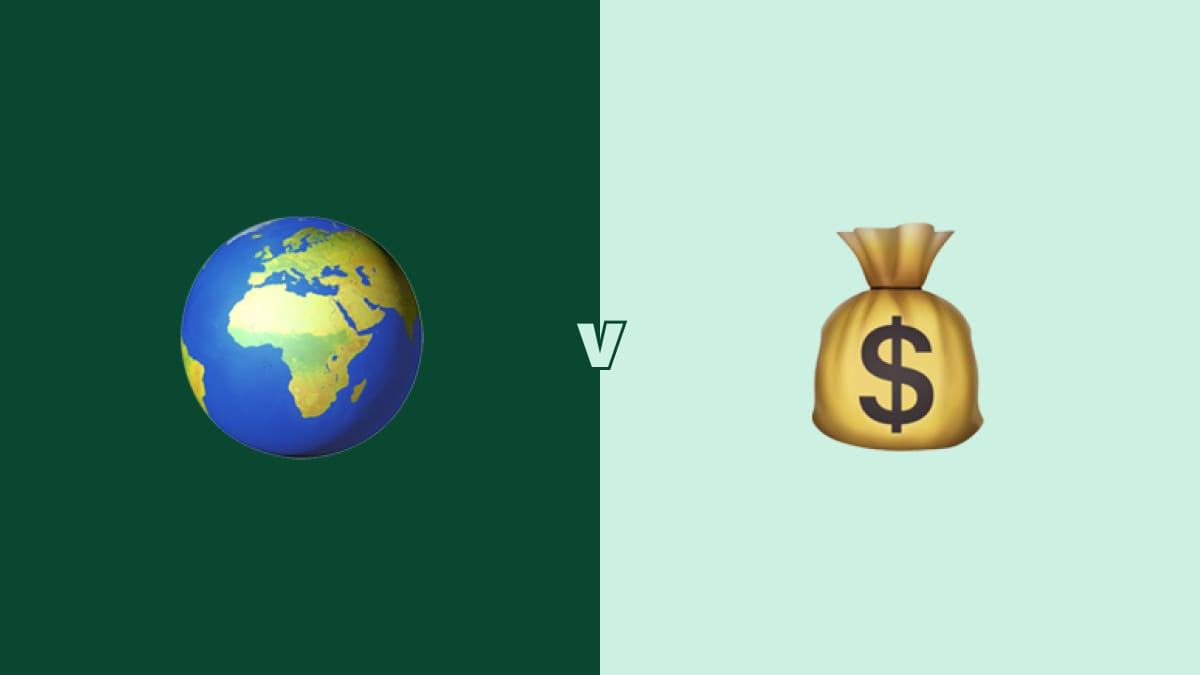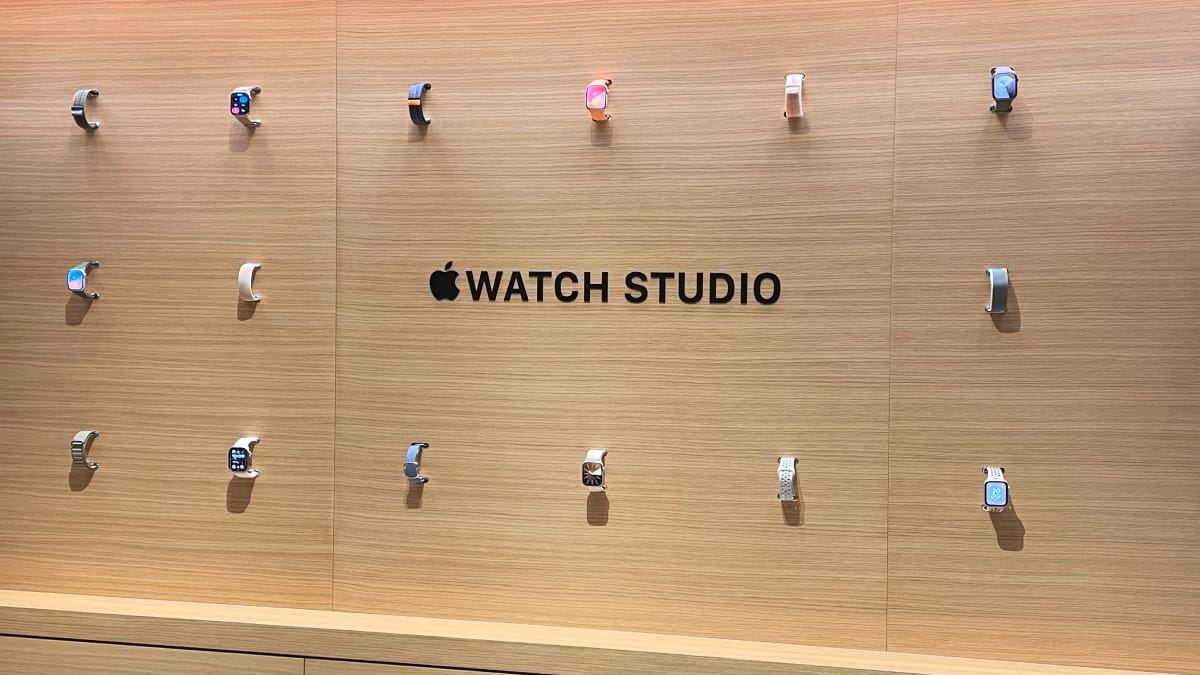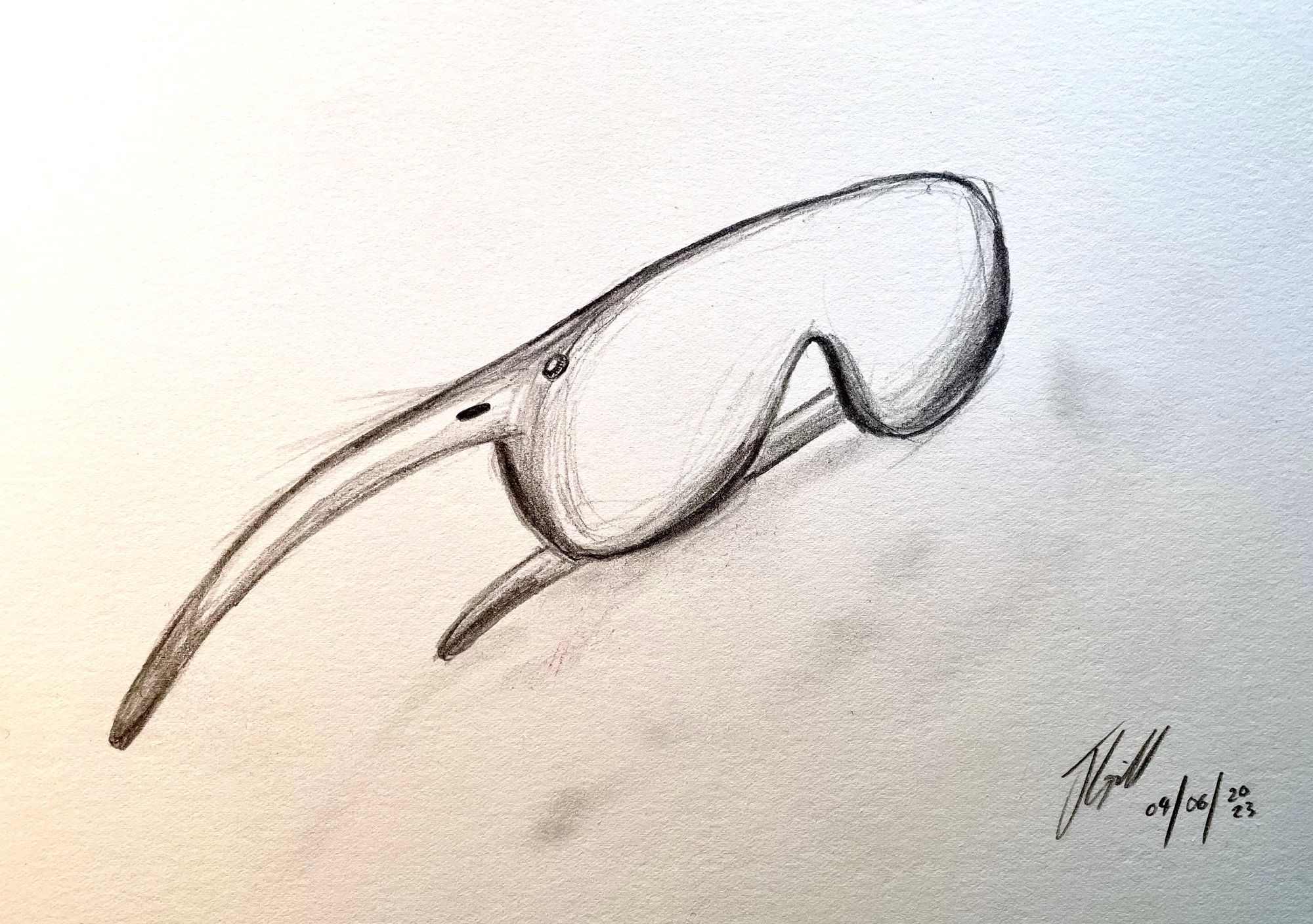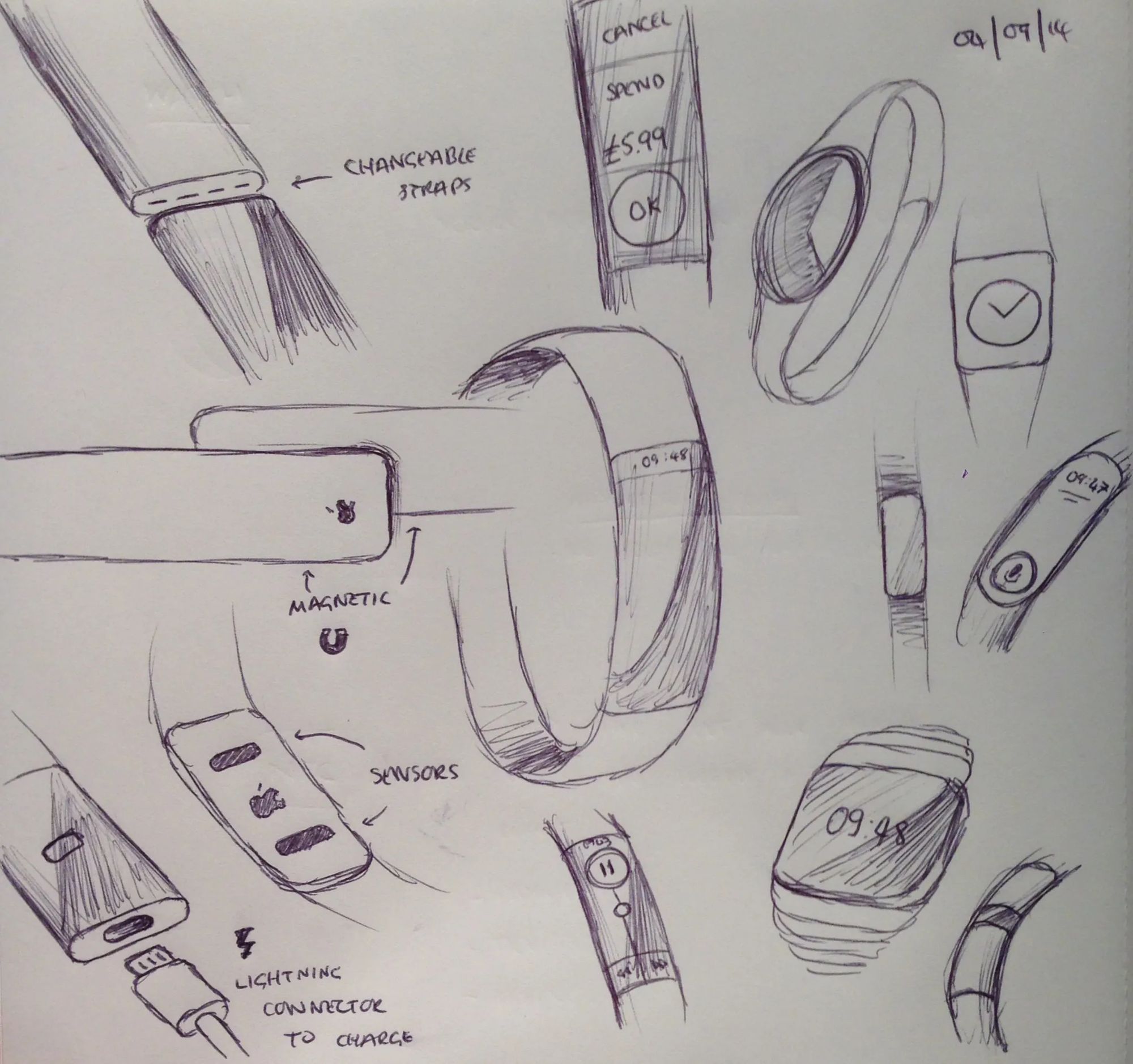I was proud to run another half marathon over the weekend: the Royal Parks Half in London.
Seeing the city I love from the viewpoint of running the streets on a race day is wonderful: no cars, no trucks, no buses.
Instead, the roads are filled with people pushing themselves mentally and physically, and crowds of people — parents, children, friends, and strangers cheering you on.
How I got into running
As I ran around I thought to myself about my journey as a runner.
How did I go from avoiding running at all costs, to running a marathon?
I never used to like running.
At school I hated running.
I would always set off too fast and wear myself out.
I’d try to do anything possible to get out of running: volunteer to be a timekeeper, pretend to be a little unwell, or switch to another sport entirely!
As school finished, I started to change my attitude to running. I learned to pace myself, I started to measure my progress with apps and then my watch, and I embraced the sense of achievement when completing a run.
I became increasingly addicted to measuring my progress. For better or for worse, once I got an Apple Watch, I simply had to complete my Fitness Rings. Running became a great way to keep my streak going and give me a sense of achievement week-in, week-out.
I then came across Parkrun, a series of wonderful volunteer-led runs that happen every Saturday in parks across the U.K. and around the world.
I started to realise: the more I ran, the faster I became. And the faster I ran, the better I felt.
What I have learned from running
There are so many aspects of running that I find to be applicable to other parts of life.
Measurement leads to improvement
When you measure something it helps you understand it better, which forms a basis to improve it.
Just do it
The first draft (or run) is always rubbish. No one starts out as a pro. But to become a pro, you must start. Whatever it is you want to achieve, you have to just start.
Consistency is key
Once you start something, you are rarely any good at it for a while. You must keep going. You must repeat. You will still fail many times, but you pick yourself up and you go again. Consistency is boring, but crucial for running, fitness, any most positive changes in life.
Unexpected rewards for effort
Running longer distances has enabled me to run faster. Often improving in one area can lead to unexpected improvements in other areas.
Don’t compare with others
I don’t run to be faster than anyone else. I find it can help to run with other people for encouragement, and healthy competition. But I am always running my own race: to do the best I can. If I do that then I will always be proud.



